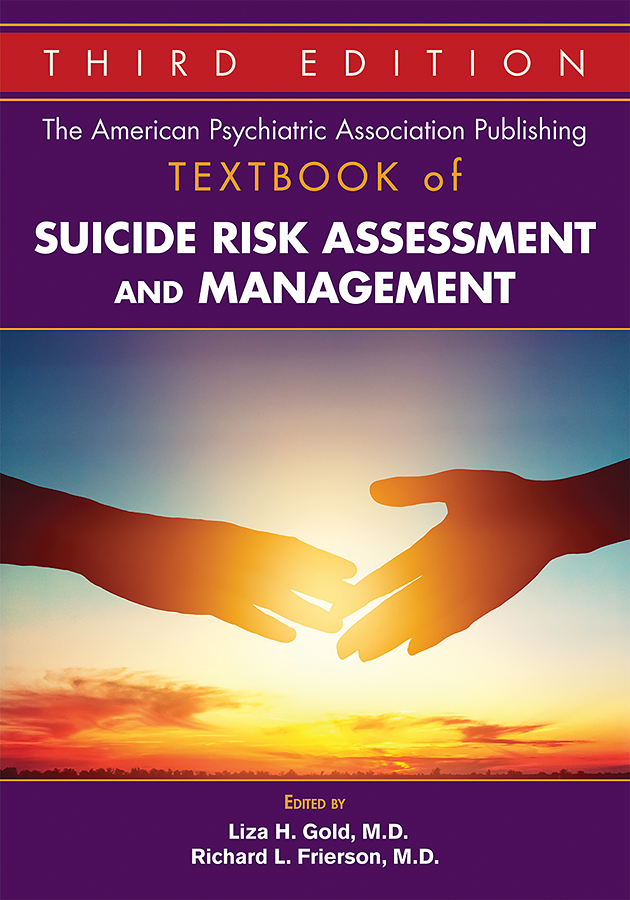Chapter 16.Inpatient Treatment
Sections
Excerpt
The vast majority of psychiatric treatment typically occurs in the outpatient setting. The development of inpatient psychiatric treatment was guided in part by the need to prevent persons who were viewed as a danger to themselves from dying from suicide or engaging in serious self-harm behaviors. Inpatient 24-hour observation was believed to be superior to routine outpatient treatment in suicide prevention. In order to maximize patient autonomy, psychiatric treatment should normally occur in the least restrictive setting possible, provided that the treatment setting is likely to be efficacious while ensuring patient safety (Lake v. Cameron 1966). However, when patients are at significant suicide risk due to the severity of their mental illness, a lack of insight, or inadequate outpatient resources (including family or other support systems), inpatient hospitalization has become the standard of care (American Psychiatric Association 2003).
Access content
To read the fulltext, please use one of the options below to sign in or purchase access.- Personal login
- Institutional Login
- Sign in via OpenAthens
- Register for access
-
Please login/register if you wish to pair your device and check access availability.
Not a subscriber?
PsychiatryOnline subscription options offer access to the DSM-5 library, books, journals, CME, and patient resources. This all-in-one virtual library provides psychiatrists and mental health professionals with key resources for diagnosis, treatment, research, and professional development.
Need more help? PsychiatryOnline Customer Service may be reached by emailing [email protected] or by calling 800-368-5777 (in the U.S.) or 703-907-7322 (outside the U.S.).



